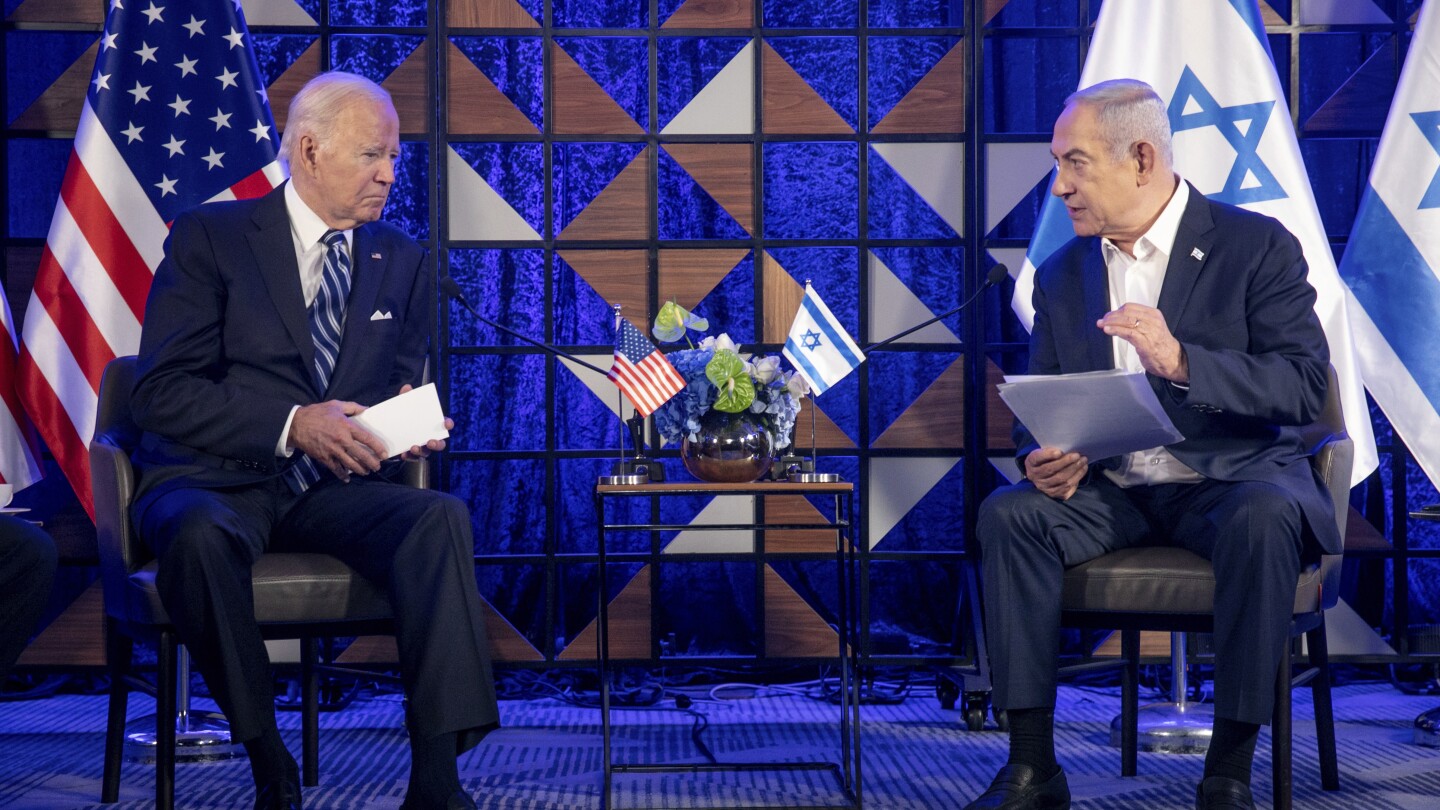Israel’s prime minister, Benjamin Netanyahu, this week announced that Israel would retain an open-ended security presence in Gaza. Israeli officials talk of imposing a buffer zone to keep Palestinians away from the Israeli border. They rule out any role for the Palestinian Authority, which was ousted from Gaza by Hamas in 2007 but governs semi-autonomous areas of the occupied West Bank.
The United States has laid out a much different vision. Top officials have said they will not allow Israel to reoccupy Gaza or further shrink its already small territory. They have repeatedly called for a return of the internationally recognized Palestinian Authority and the resumption of peace talks aimed at establishing a Palestinian state alongside Israel.
These conflicting visions have set the stage for difficult discussions between Israel and the U.S.



I think that’s oversimplifying the American experience: occupation doesn’t generate goodwill and lay the groundwork for an occupier-friendly local government, but it does keep the area relatively quiet and secure. America wanted goodwill and a friendly local government; eventually we gave up when that didn’t happen. Israel wants to keep the area relatively quiet and secure. They can do that if they’re willing to pay the high cost indefinitely.
Gaza isn’t really comparable to Afghanistan though, since it’s so much smaller. It’s more comparable to Kabul, which relative to the rest of Afghanistan was thriving. I’m pretty sure most Kabul residents preferred life before the Taliban.
I would call it likely, but I think an occupation and nation building is way more possible in Gaza than it ever could have been in Afghanistan.